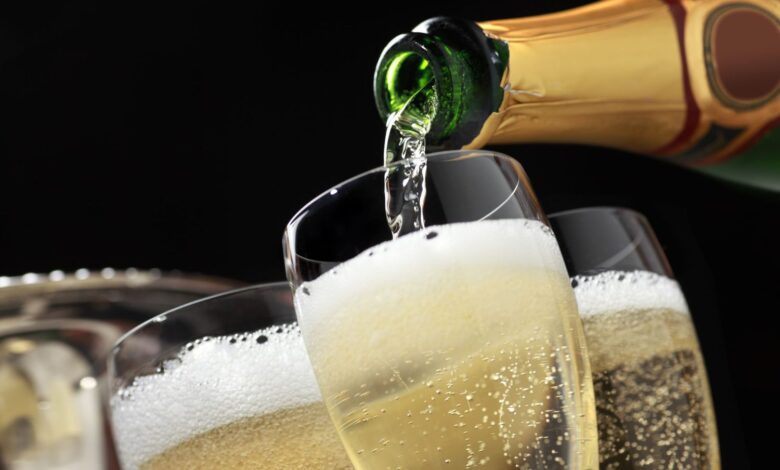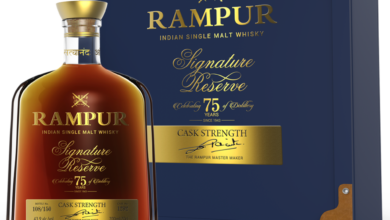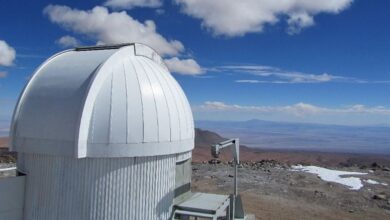Champagne may go extinct as a result of climate change, AI predicts
Champagne is vital to the economy, particularly in France, where wine exports total $9.6 billion (ClimateAI).

Climate change may cause a highly popular New Year’s Eve celebration drink to go extinct, according to a prediction made by an AI company.
San Francisco-based ClimateAI, a platform for climate resilience, warned that the world’s changing climate might lead to a shortage of champagne very soon.
According to the company’s artificial intelligence-driven data, hundreds of grape types, including those used to make champagne like Pinot Noir, Chardonnay, and Merlot, may go extinct in the near future. Champagne and wine consumers could be out of business by 2050, according to ClimateAI’s vice president of operations and strategy, Will Kletter.
Kletter told Fox News: “If you are a consumer who has a particular preference for a bottle of wine from a certain region, then I would encourage you to enjoy that now.” He said that the crossover between warm, bright days for rich flavour and chilly nights for an acidic, sharp taste is necessary for champagne to develop its exquisite flavour.
However, if the world’s temperature continues to rise, such cold nights could “start to go away”.
“That puts growers in a very difficult position. They can decide to harvest early to prevent what’s called over-ripening – too much booze, too much flavor in grape – or let it sit on vine and risk that over-ripening, but maybe get that acidity,” according to Kletter.
“So fundamentally, there will be a trade-off required to get the flavours we’re expecting.”
“Champagne can only be made in Champagne, (France)”
Some producers would have to relocate their operations up north in order to take advantage of the colder weather, he continued. Indeed, because of the warmer days and cooler nights in the UK, there has been a rise in the production of sparkling beverages.
Champagne is extremely vital to the economy, particularly in France, where wine exports total $9.6 billion (ClimateAI).
According to Kletter, “Sparkling wine can be made anywhere, but champagne can only be made in Champagne [France]. This is critical for the French economy. Decades, if not centuries, of tradition and culture are built around champagne in that region. They’re going to face a lot of challenges with preserving the economy and culture as that ideal zone moves away from them.”
ClimateAI predicts and ensures food crop resiliency for up to 50 years in the future, allowing consumers to make “more strategic decisions” about where to grow in the long run.
Kletter went on to say: “Despite being in the business of climate risk…we like to think of ourselves as being optimistic, because we provide tools to folks all over the world who are tackling these challenges head-on.”
Climate change, according to Dr. Benjamin Cook, a climate scientist at Columbia University, will have “significant impacts” on grape cultivation and will provide a “major challenge to the industry moving forward, especially for high-value wines.”
You might also be interested in – COP28: Global leaders gather to tackle climate crisis



